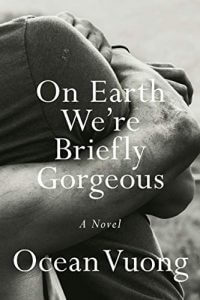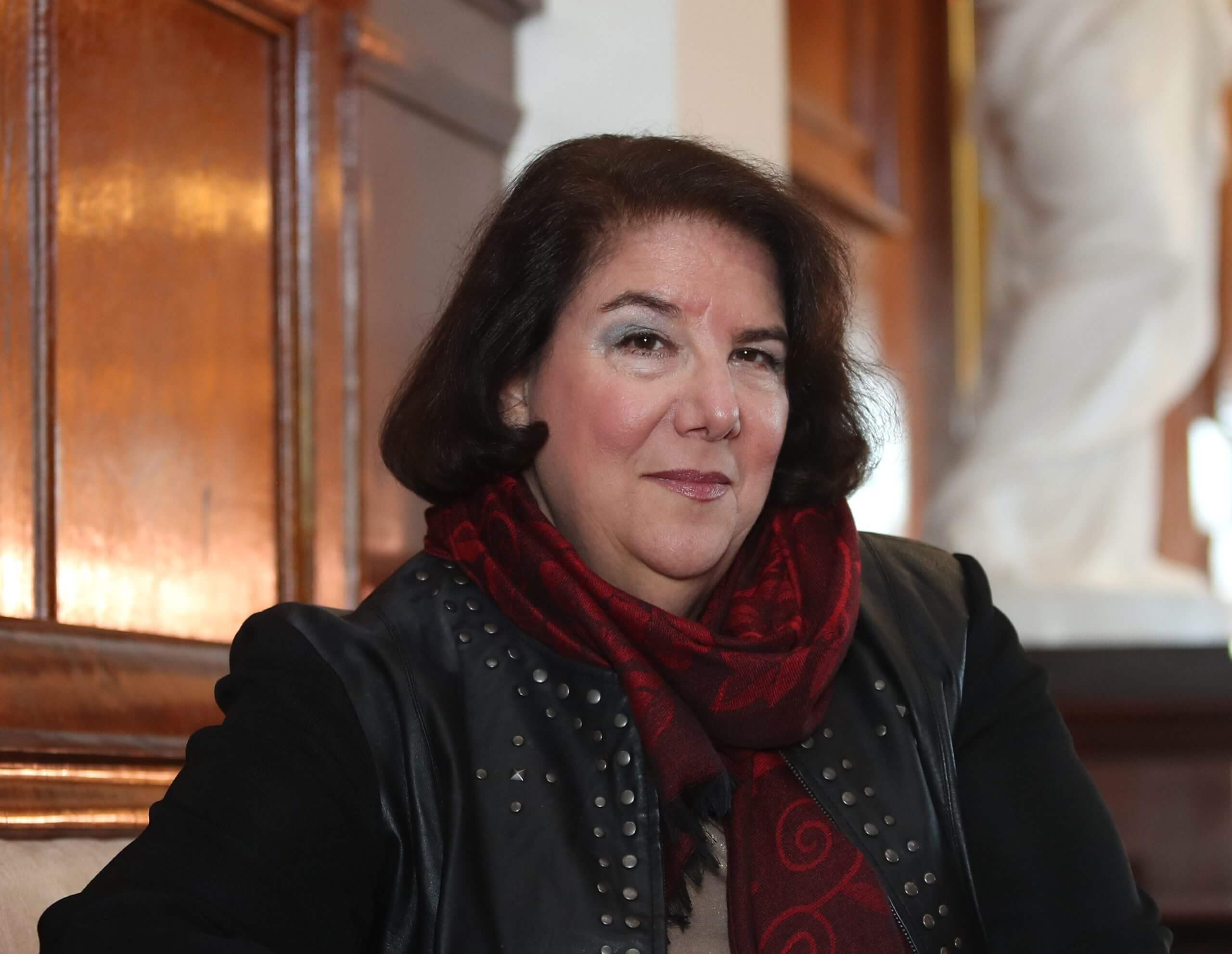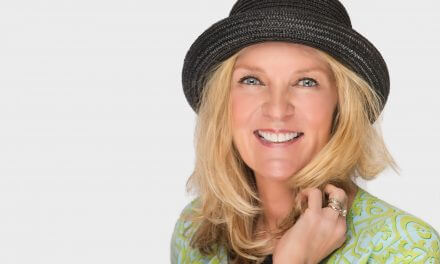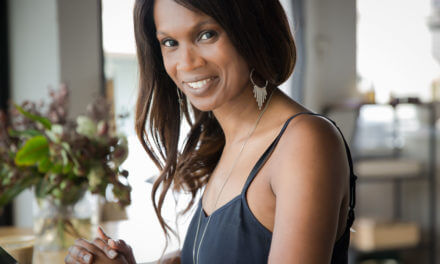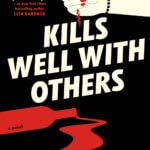I’m fortunate to have author Maureen Joyce Connolly join me to talk about her new novel, Little Lovely Things, released by Sourcebooks Landmark on April 2, 2019. Welcome, Maureen. Let’s get started. Hilary Mantel (Wolf Hall) says that a Catholic upbringing is the only qualification a writer requires. Can you relate to this idea? Do you have any similar writing qualifications?
JMC: I chose to answer this question because I have such deep respect for Hilary Mantel’s work. I actually heard the interview where she discussed Catholicism and the influence it has had on her writing and it stopped me in my tracks as I listened. There is so much mystery in life, including the supernatural presented as ‘normal’ from the Catholic perspective, that as writers, we have only to tap into that which is already present in order to create stories.
SS: If you could have been the original author of any book, what would it have been and why?
JMC:Oh this is easy – To Kill a Mockingbird for sure. Not only is Harper Lee’s writing and individual character development spectacular, I love the relationships she forges between the characters and like to think that it is somewhat present in my own work.
SS: Do the parts of your story that move your readers most move you as well? Or does your special position as Creator give you a different ear for the highs and lows of the tale?
JMC: It’s funny but I find that parts of Little Lovely Things that move readers are often different than what affected me most when I wrote them. This was a surprise to me. So this must be the answer to the question of the special positioning of the Creator—my ear must be tuned a bit differently than readers in general. Since Little Lovely Things was my debut, I am not yet sure whether this is a good or bad thing in the long run because one of my goals as a writer is to share the emotional experience that I’ve created.
SS: What is your writing Kryptonite? What’s most likely to stop the flow of your words?
JMC: My writing Kryptonite is interruptions. I have such a difficult time creating the ‘space’ for absolute focus which is what I require to work. Even the messages that pop up on my computer if I forget to leave the internet on while writing throw me off. Also, I have an office in my home, and there is constant commotion and noise outside my closed door that includes my pets, my family (God Bless them!) and delivery people, etc.—all the normal stuff of a regular day.
SS: How do you give back to the writing community?
JMC: I love to support other authors and have been blessed to be part of a very active community of writers who debut’ed together in 2019. We share information about marketing about events about what works for us and what doesn’t. We also post about each other’s successes. It is good karma and so important to feel connected to others who share similar struggles.
SS: What would a fly on the wall see if he watched you while you are writing?
JMC: That poor insect would see a lot of fidgeting; getting up to grab a drink or go to bathroom—pretty much anything to keep from actually writing. Also, he or she would hear a lot of sighing, cursing and paper shuffling – again, avoidance behaviors. Finally, it would see a weird looking human for sure since I often wear my hear in a pony tail on top of my head and strap on noise cancelling head phones so that I look like I am landing planes at my desk.
SS: Do you setting daily writing goals? If so, what are they? How do you deal with failure to meet these goals?
JMC:I never set daily writing goals. This would set me up perfectly for failure and just the thought of it stops me cold. I respect and am probably a bit jealous of writers who manage to do this – although I also find them a bit suspect.
SS: I never set goals either except long term, like Finish third book by August 2020. How do you create and construct distinctly individual supporting characters?
JMC: Ooooh, I love this question. Supporting characters are the connective tissue of the story and therefore incredibly important. I spend as much time thinking about and developing them as I do the main character. They must be distinctive from and yet not overshadow the protagonist. Most important, however, is that the key supporting characters must follow their own developmental arc and not remain static.
SS: A good ending should fix the shape and meaning of the whole novel. How did you make sure yours did exactly that?
JMC: The ending of Little Lovely Things echoes the very beginning of the story when Claire, the protagonist views her sleeping children and reflects how her family is a perfect organic unit. At the end, while the family has reunited after facing unspeakable tragedy, the reader once again experiences this wonderful unit if only for a fleeting glimpse.
SS: Have any new writers grasped your interest recently?
JMC: While 2019 brought us many outstanding books, I was blown away by Ocean Vuong’s On Earth We’re Briefly Gorgeous. The combination of such a painful story with lovely language was almost too much to bear in the best of ways. Thematically, it raised so many questions about immigration, sexuality and basic human decency that I think it will become a long-term great.
SS: Do you read your book reviews? How do you deal with bad or good ones? Does a bad one affect your writing?
JMC: I do read reviews of my book but not obsessively. I have been incredibly fortunate to have the majority strongly in favor of Little Lovely Things. My background is in science, and I think being trained to think objectively has helped me not take the bad ones to heart. There are so many different types of readers one author could never please them all nor should they intend to. A few negative reviews indicate the health of a given book.
SS: What was your first recognition/success as an author?
JMC: I began publishing poetry in the 1980’s (yes, I am that old!) and that really fueled my identity as a writer. While poetry leads to recognition for the very few, it is a satisfying and often esoteric field of writing that informs my fiction. I often think of it as my roots and prefer to return to it when I feel creatively empty or need extra inspiration.
SS: What’s something memorable you’ve heard from your readers/fans? What’s been the best compliment?
JMC: I have been surprised at the amount of reviews I’ve received that compliment my writing style and not just the plot or the themes of Little Lovely Things. This has touched me to no end and spurred me on to believe I can tackle another book. One of my favorite compliments appeared in a review posted on Amazon as follows: The author clearly has unique insight into love, loss, and emotional pathos. Very gifted writer.
SS: Mark Rubinstein (Beyond Bedlam’s Door: True Tales from the Couch and Courtroom) says “Without chaos, there’s very little story to tell.” What’s the central conflict in your story? What’s the source of chaos?
JMC: Little Lovely Things is based on the chaos of life after a tragic event. The central conflict asks the question—how does one go on in life after enormous emotional upheaval? I think it is a relevant topic since grief/loss is something we all face at one time or another in our own lives, perhaps not to the extreme that occurs when a child is abducted but in many other ways. I wanted to take my main character ‘to the edge’ of what is emotionally tolerable and then see how she claws her way back. Not a light or easy subject but a deeply satisfying one.
SS: I did the same thing with my physician protagonist in Hunting the Devil. She survived a genocide—that was pretty far to propel someone. Changing subjects, what’s the best writing advice you’ve ever received?
JMC: Anything that you have written can be rewritten. Any flaws in the plot, the character development, the way the story flows, can be fixed. The delete button, the cut and paste functions, are all just tools to be used during the normal process of writing. Mistakes are not signifiers of shame but just part of the learning process. Not sure why this took so long to get through my head.
LIGHTENING ROUND:
Describe your books in 3 words: Intense, fast, satisfying
When writing, are you a night owl or morning person? Night owl, unfortunately.
Pantser or Plotter? Pantser all the way
********************
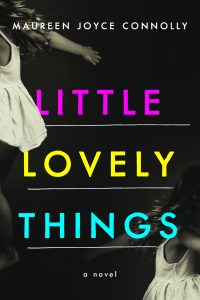
********************
Excerpt from Little Lovely Things:
When Claire Rawlings thought of her family, it was more with the mind of a geologist than a physician—the sweeping drumlin of Andrea’s collarbone, the narrow plain of Lily’s sternum, the sculpted features of Glen’s face. Her dreams, too, were crowded with images of rocks and continents gliding, meeting at ragged seams, and then drifting apart.
This night, the first Saturday in September, with a heatwave stalled over greater Chicago, Claire woke sitting upright, a pillow crushed to her chest. A mosaic of impressions, foggy and frenetic, competed for clarity in her brain. Something vague about the girls. Her nightgown, twisted and damp, clung to her body, even as a chill ran along her skin. She turned toward the landscape of her husband, dark against the pearlescent glow of the window. Claire could smell him more clearly than see him, the musty scent of heated skin and sweat-tinged bedclothes.
“You were calling out,” Glen said, shifting to his side. Their boxer mix, Gretchie, who was curled into a tight cashew between them, groaned at the disturbance.
Claire touched her hand to her temple. In addition to a minor headache, fragments from that dream were hide-and-seeking in and out of her consciousness. A yellow sky. A pond covered with treacherous ice. She’d go check the girls. But first, she leaned over her husband, peeking under the forearm that was thrown over his face like he was shielding himself from an unseen onslaught.
“Room air conditioner,” Claire whispered, as if a magical incantation would cause Glen to lose his frugality, his fear of falling short of money before she completed her medical program. She was in the final phase—all clinical rounds, with only five more months to go. Slipping carefully from bed, she left the sleeping duo in peace.
In the hallway, the house seemed to sigh in the layered light—darker near the ceiling, softer near the window. Built in the late sixties, pretty much everything inside, including the kitchen linoleum floor, remained original. In the surrounding yard, saplings had grown into mature maples and oaks. Claire often imagined this house longed for unfettered sunlight as much as it did for upgraded appliances.
Outside the girls’ room, Claire’s thoughts went to her pregnancies—the rich awareness of fetal cells inside her, dividing like wildfire, each one blossoming from a small bud into a perfect being. Two beautiful daughters, two years apart. As she entered the doorway, a snapshot from the dream flashed in her mind—this time, icy stalagmites gleamed in the distance and two small figures appeared on the pond. And then nothing. Momentarily losing her breath, Claire steadied herself against the dresser.
She could just make out near her hand a spray bottle where bits of plant material—most likely dandelion—hung in shadowy suspension. Monster repellant: jetted each night into every corner, the closet, and under the bed before lights-out. This was all four-year-old Andrea, in so many ways Claire’s binary star—stubborn, feisty, and exhaustingly curious. She now lay silently on top of the covers, her valance of short brown hair matted with perspiration.
Across the room, fifteen-month-old Lily slept soundly in her crib under the window. Beneath her quartz-pink lids were crystal-blue eyes shaped like sideways teardrops. And that froth of yellow hair! Always a struggle to get into a ponytail.
Claire glanced again at Andrea’s concoction slightly aglow in a thin shaft of light. A crescent of lemon peel was barely discernible in the murk. She smiled. These materials had been gathered and assembled with Andrea’s characteristic attention to detail. But could this be evidence that my daughter might be feeling insecure? Claire thought. Even with in-home daycare and Glen’s teacher’s schedule, the girls wanted Mom. No. She shook her head. She wasn’t quite thinking right. This was just the heat and the perennial lack of sleep, shifting her already active imagination into overdrive, scuttling her thoughts into frantic insects. Just last night she’d almost delivered a dose of Tylenol to Andrea before realizing it was Lily with the teething pain.
Andrea was fine; both girls were fine.
Claire wiped her hand across her eyes. They were moister than they should be. The headache was growing more insistent, and fatigue flushed through her limbs. She dropped quietly onto the glider rocker patterned with Mother Goose characters. The bedroom door squeaked open, and a rectangular black nose followed by a sleek dog body padded in. Gretchie sniffed at Claire’s hand and then collapsed with a satisfied grunt next to her chair. Leaning back, Claire inhaled the clover-y sweetness of her daughters. Her beauties. Still so much a part of her very body. Along with Glen and Gretchie, this family was the closest thing to a single perfect organism.
A shiver of contentment raced through Claire’s veins, overshadowed only by a strange feeling left by that dream.


